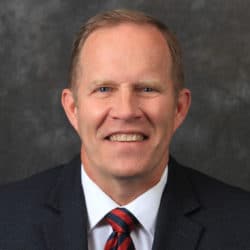You’ve found the perfect piece of property for your business. After researching the zoning laws, you find the permitted uses don’t match up with your plans.
What can you do? There are four options:
- Modify your proposal to fit the zoning regulations.
- Look for other land where the laws permit your proposed use.
- Apply for a variance.
- Request that your land be rezoned for your proposed use.
- If the first two options work, you’re in business. But if you have your heart set on a particular property and a particular business plan, then you need to try for a variance or rezoning. Here’s how to win.
Variance: This is a request to use your land in a way that isn’t ordinarily allowed.
When applying for a variance, you are asking officials to waive a zoning requirement, but it doesn’t involve changing the law. For example, you might get a variance to build a discreet second story in a one-story zone, or to build your structure slightly closer to the road than setback requirements dictate.
To win a variance, you may have to prove three things:
- Your use of the land will preserve the appearance and ambience of neighboring properties.
- The waiver will apply only to your property, not to surrounding properties.
- The existing restrictions create a serious hardship on you.
The third element is the most important. Hardship is difficult to define and hinges on the nature of the change, the circumstances and general objectives of the area’s zoning laws, the effect of the change on adjacent neighbors, and a practical difficulty in using the property as it is zoned.
The process involves written applications, fees and at least one public hearing.
Rezoning: This involves changing the classification of the land to another use and is more difficult to obtain than a variance.
For example, you may want to change a property zoned for retail use to one allowing a restaurant. Or you may want to use agricultural land for light industry.
Your case is presented at public hearings. There may be objections from people opposing your bid. Be prepared to address concerns that the change could hurt property values, be incompatible with the uses of nearby areas or harm the planning goals of the local community.
Rezoning proceedings also require applications, fees and public hearings.
Remember: You may have to revisit the zoning issue as your business grows, if there is a substantial change in the nature of your operations or your firm shuts down for several months.
Contact Tom Bailey via our online contact form for more information.
Councilor, Buchanan & Mitchell (CBM) is a professional services firm delivering tax, accounting and business advisory expertise throughout the Mid-Atlantic region from offices in Bethesda, MD and Washington, DC.




